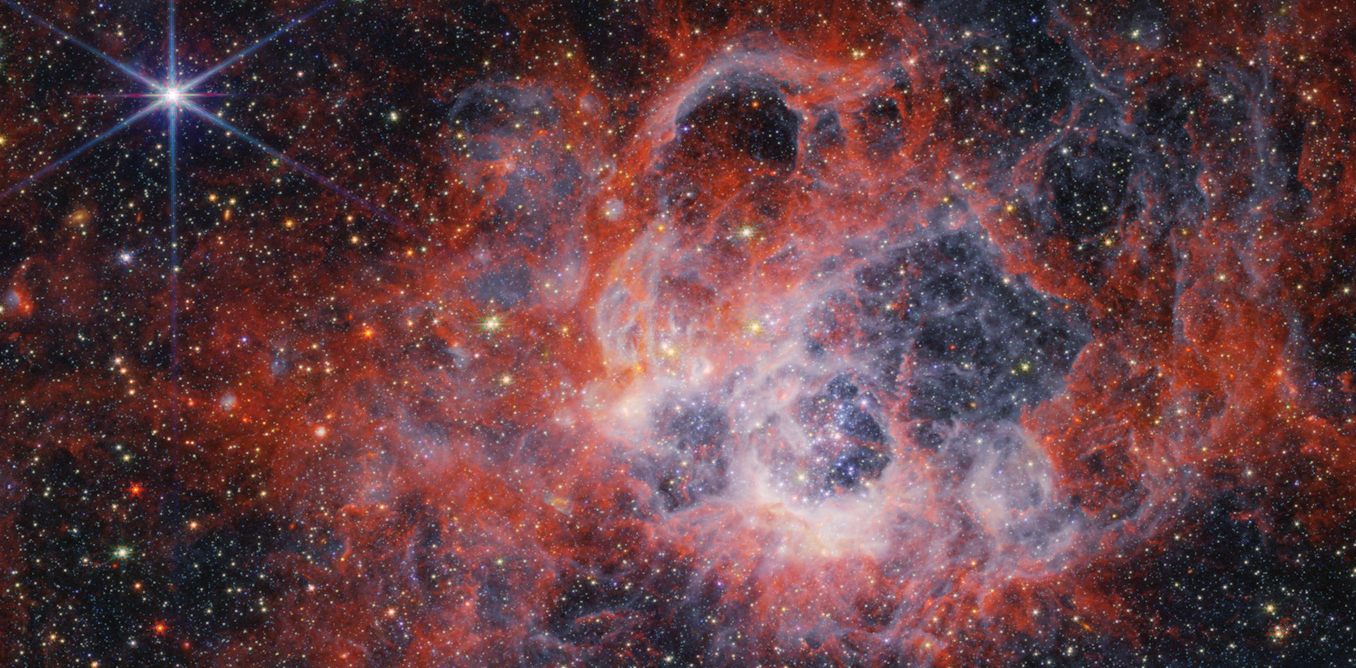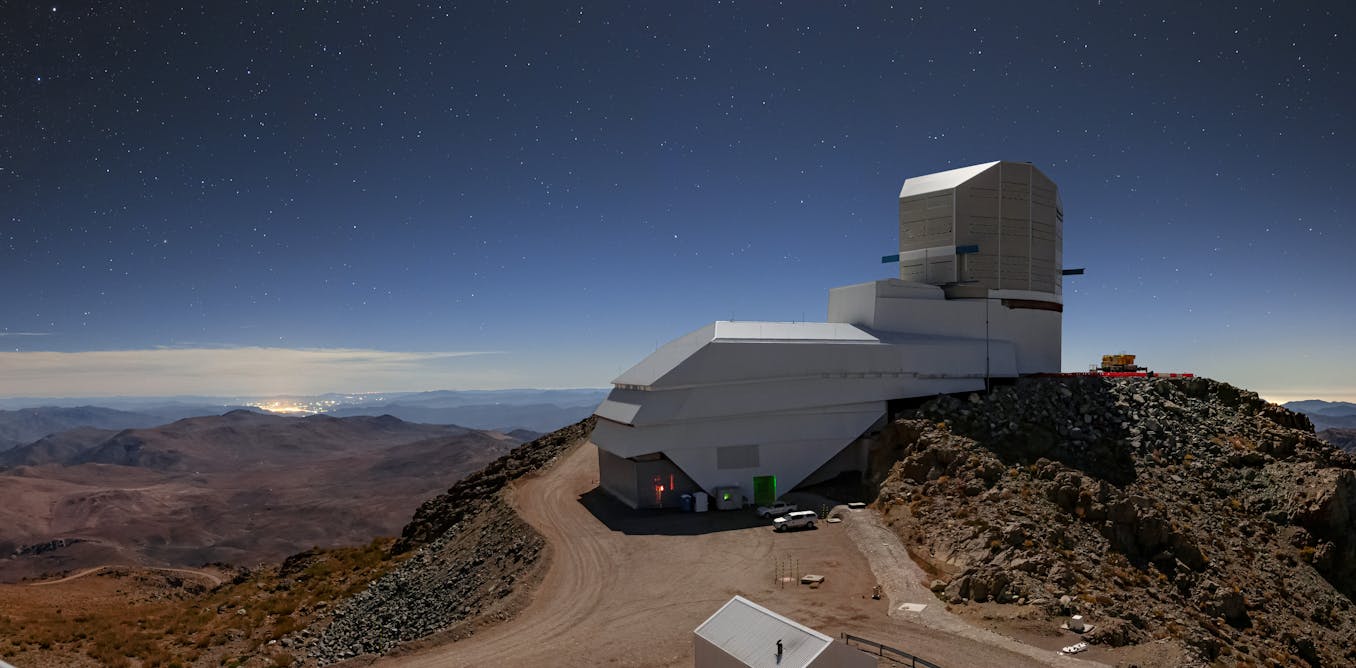Astronomers have discovered another puzzling interstellar object − this third one is big, bright and fast
Over the next few days, astronomers will pull together evidence to determine whether the object is a comet.
Darryl Z. Seligman, Assistant Professor, Michigan State University
• conversation
July 3, 2025 • ~8 min
July 3, 2025 • ~8 min
The Vera C. Rubin Observatory will help astronomers investigate dark matter, continuing the legacy of its pioneering namesake
Vera C. Rubin’s research into stars in galaxies led to the modern understanding of dark matter.
Samantha Thompson, Astronomy Curator, National Air and Space Museum, Smithsonian Institution •
conversation
June 24, 2025 • ~9 min
June 24, 2025 • ~9 min
How do atoms form? A physicist explains where the atoms that make up everything around come from
Almost everything on Earth is made up of atoms, but where do these fundamental building blocks come from?
Stephen L. Levy, Associate Professor of Physics and Applied Physics and Astronomy, Binghamton University, State University of New York •
conversation
June 23, 2025 • ~8 min
June 23, 2025 • ~8 min
Astronomy has a major data problem – simulating realistic images of the sky can help train algorithms
To make a truly realistic fake picture of a galaxy, you can model exactly how light particles travel through the atmosphere and telescope to reach its sensor.
John Peterson, Assoc. Professor of Physics and Astronomy, Purdue University •
conversation
June 23, 2025 • ~9 min
June 23, 2025 • ~9 min
Is Mars really red? A physicist explains the planet’s reddish hue and why it looks different to some telescopes
Mars isn’t a bright, fire-engine red, but the iron oxide in its rocks makes it appear redder than other planets, especially from afar.
David Joffe, Associate Professor of Physics, Kennesaw State University •
conversation
June 16, 2025 • ~7 min
June 16, 2025 • ~7 min
Still waiting
75 years after Fermi’s paradox, are we any closer to finding extraterrestrial life?
Harvard Gazette
• harvard
June 10, 2025 • ~6 min
June 10, 2025 • ~6 min
/
133







